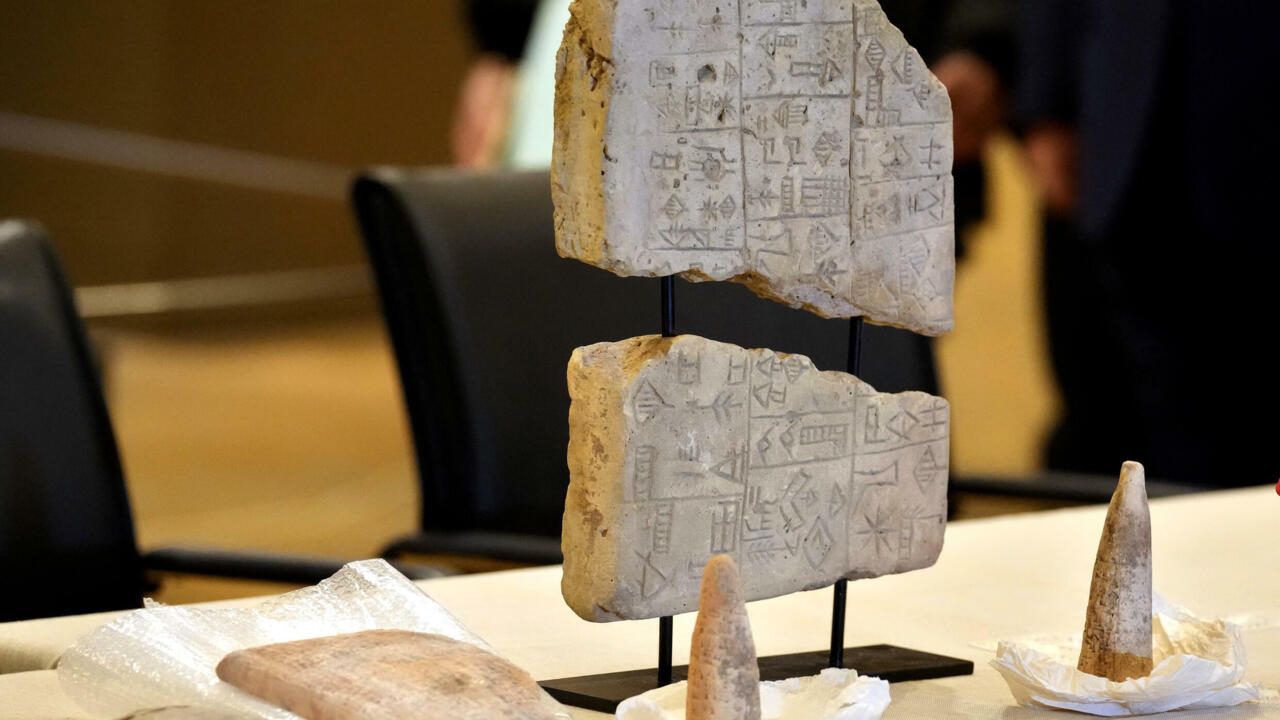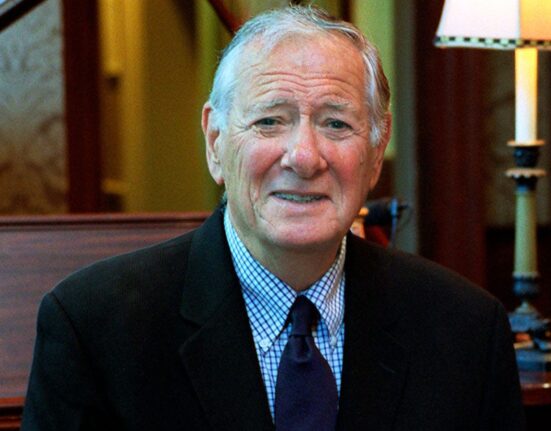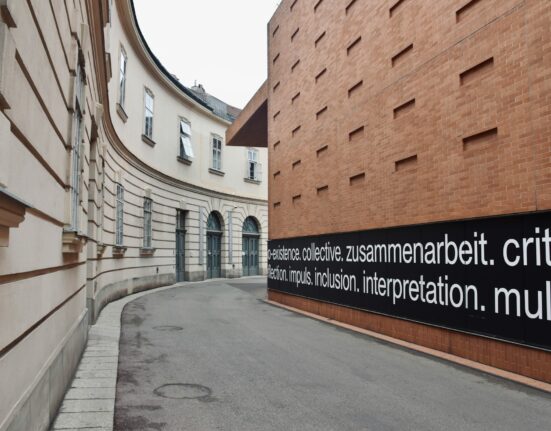Antique art dealers in France are campaigning against forthcoming EU regulations that aim to restrict illicit imports of cultural artefacts, but which critics say risk criminalising legitimate traders too.
Issued on:
3 min
The European Commission says that the new rules will prevent the import of looted cultural goods that finance terrorism.
The regulation requires new documentation for imported archaeological, antique and art objects found or made outside the EU.
France’s National Union of Antiques Dealers (SNA) gave a press conference in Paris last month to push back against what speakers called “unreasonable and disproportionate” criteria.
The SNA warns that the new rules, in effect from mid-2025, will have a “dramatic and damaging impact” on the EU’s art market.
They also said that the legal onus for highly accurate provenance will unfairly criminalise many in the trade.
‘Illicit unless proven otherwise’
According to UK-based consultant and adviser to art trade associations Ivan Macquisten, the law “deems an imported item illicit, unless proven otherwise”.
He adds that this means a “reversal of the burden of proof”, effectively scrapping common property law that assumes the owner’s good faith.
The SNA, which lobbies on behalf of around 300 French antique and art dealers, said that the regulation will also make it difficult for owners to donate cultural objects – like fossils, antiquities, texts and art – to museums.
Owners of items over 200 years old that are valued above €18,000 will need an “importer statement”. They’ll also need an import licence for other items over 250 years old.
Critics say finding the proof required for these documents will be costly or impossible.
SNA board member Anthony Meyer added that many owners have had items “for years”.
“No one ever requested any form of information, any paper trail, because there was no obligation to do so. It was moral and legal at the time,” Meyer said.
“Today, the mentality has changed, and we are changing with it.”
Looted art
The EU says Europe’s large art market and close proximity to the Middle East and Africa make it a target for illicit trade.
The European Commission hopes that the law will curb a rise in looting in war-stricken countries such as Syria and Afghanistan.
It’s also meant to address reports that goods imported and sold in the EU are financing terrorist activities, according to the commission’s website.
The SNA refuted the EU’s claims, citing two studies that the illicit art trade is smaller and less organised than reported.
“The fantasy that the art market is financing terrorism doesn’t exist,” said Yves-Bernard Debie, a Belgian art lawyer representing the SNA, claiming that the legislation responds to “fake news”.
Compromised market
While EU-wide, the rules will hit hard in France, the world’s fourth-largest art market and the EU’s largest for such imports.
Meyer added that the SNA and other international trade groups want to work with lawmakers in Brussels to adjust the laws and add exclusions.
According to the commission, exceptions will be made for objects that only briefly enter the EU, for example at institutional displays and commercial fairs. However, dealers say there’s no incentive to bring objects to a fair if they lack the licence to sell them.
“We’re trying to save all of our jobs, our market, [and] save the possibility for people to appreciate art and to own art,” said Meyer.
“The antique market is one of the great purveyors of cultural information and knowledge. If you kill the market, you’re going to kill all of that information and appreciation.”
But with the regulation approved in 2019, the SNA has acknowledged that their lobbying has come late.
(with newswires)







